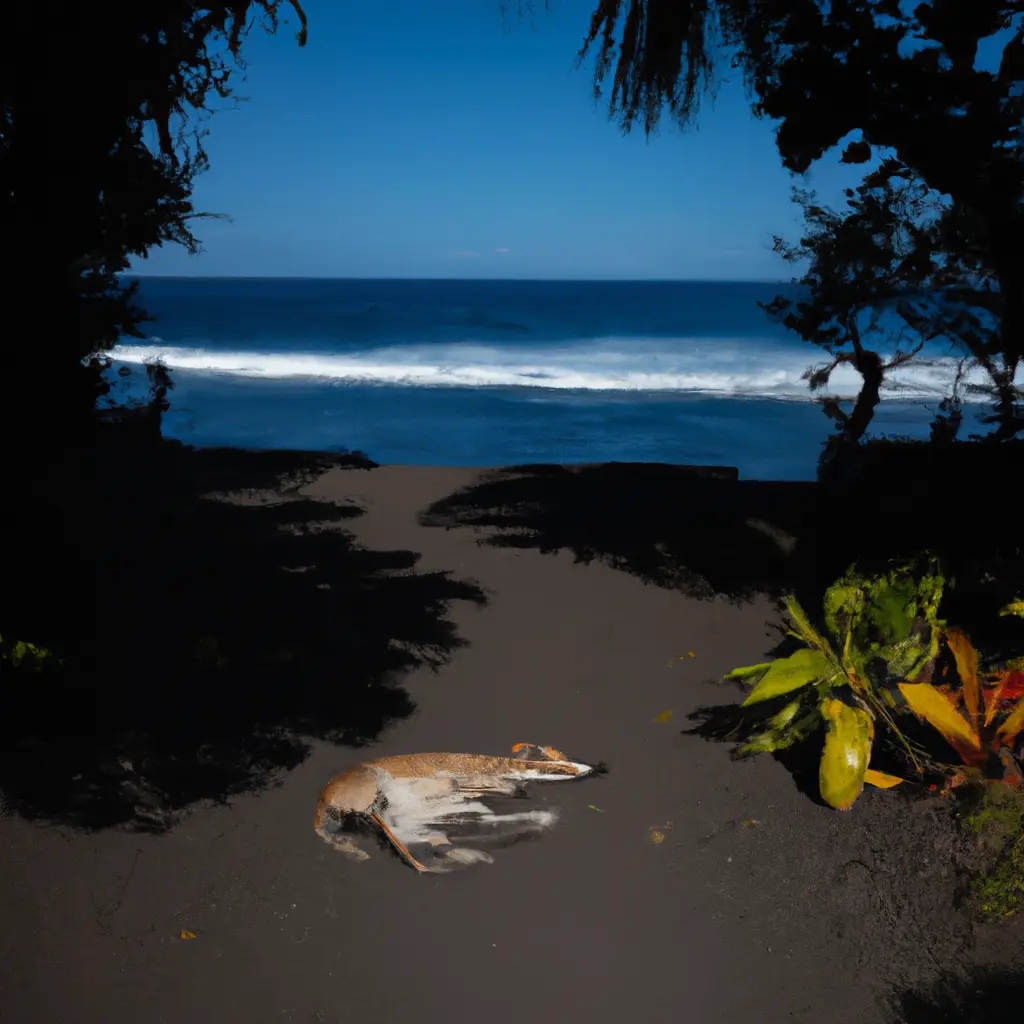Too many dogs in Polynesia: poisoning life, bites, incidents and noise. Residents in trouble.

There are about 500,000 dogs in Polynesia, almost twice as many as the 280,000 inhabitants. Animal welfare organizations recommend large-scale sterilization campaigns for these often stray animals.
In July, a man's body was found covered in bites on the island of Raiatea, in the Levant Islands. Autopsy confirmed that the death was related to a dog attack. Three years ago, a woman in her eighties was also killed by a pack of dogs while jogging in a downtown area on the island of Tahiti. Both of these cases, as well as serious injuries to children, accidents involving animals on two-wheelers, are causing excitement in the Polynesian... but nothing changes. Animal welfare organizations estimate the canine population in French Polynesia at close to 500,000. Nearly double the 280,000 residents living on the 72 inhabited islands.
There are too many dogs and their owners, if any, are hard to identify.
13 May 2025
1 May 2025
1 May 2025




Bora Bora Bora, the "pearl of the Pacific," is inevitably prone to this trouble. In their turquoise lagoon, motu (small islands) of five-star hotels are often left untouched. But once tourists, mostly Americans, step onto the main island, they face the plight of skinny animals that multiply like mushrooms after rain. Despite the cost and administrative difficulties, several dogs are adopted each year by tourists who take them to the United States or France.
"In Bora Bora, tourists love everything except the way the animals are treated," notes Virginie Bruan, the minister who, until the change of government in May, was in charge of animal welfare conditions, a ministerial post that no longer exists. Animal suffering is also an economic disadvantage for these islands, tourism being the main source of income.
"We sterilize every year 500 dogs in Bora Bora, but every year there are still the same number of births because the owners don't want to sterilize even if our association pays," regrets Jenny Dieudonné, a volunteer of the Bora Bora Animara Association. A lot of people think it's against nature." She said that according to the 2017 census, there were 7,000 dogs per 10,000 inhabitants on this island, not counting stray animals.
In the most populated islands, such as Tahiti, Moorea or Raiatea, it can sometimes be difficult to sleep, and it's not just because of mosquitoes. The dogs respond to each other from one valley to another, and their concerts of barking mingle with the cries of the roosters, who live at large and have the disagreeable habit of singing all night. This noise is even affecting the real estate market.
Comment
Popular Offers

Subscribe to the newsletter from Hatamatata.com!
Subscribe to the newsletter from Hatamatata.com!
I agree to the processing of personal data and confidentiality rules of Hatamatata










